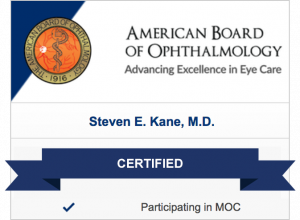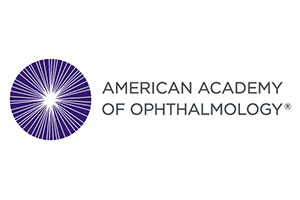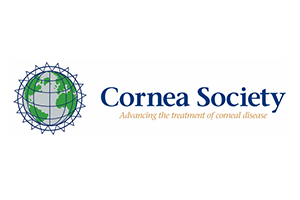Meet Dr. Kane
Steven Kane, MD, FAAO is a Board Certified, fellowship-trained ophthalmologist specializing in cataract, cornea, and refractive surgery. As an expert in laser cataract surgery, LASIK, and cornea transplant, he utilizes the latest advanced technology and minimally invasive surgical techniques. He is an internationally recognized expert in small incision cornea transplantation techniques and an advisor and faculty instructor for the Lions Eye Institute for Transplant and Research (LEITR). As a cornea transplant instructor, he helps teach US and international surgeons how to perform the latest transplant techniques. Dr. Kane is also involved in cornea transplant research and development. He was involved in developing a micro-incisional technique for DMEK and was the lead surgeon who helped develop a new minimally invasive “no touch” technique for DSAEK.
Born and raised in Venice Florida, Dr. Kane is proud to offer the latest innovations in medical and surgical eye care to his hometown. He is a certified Spanish-English interpreter and helped found a medical interpreting program during medical school. He was a scholar-athlete, graduated summa cum laude from William and Mary, was inducted into Phi Beta Kappa, and graduated Cum Laude from Thomas Jefferson Medical College. He completed corneal fellowship training at the prestigious University of Pittsburgh. For his compassionate patient care, he was inducted in 2016 by his professors and peers at the University of Florida into the Gold Humanism Honor Society. As an internationally-recognized expert on Fuchs’ endothelial disease, he has published articles in peer-reviewed journals in addition to a textbook chapter on corneal disease in Yankoff. Dr. Kane is married to Amanda and they have three children. Dr. Kane enjoys triathlons, snow skiing, and tinkering with his car in his spare time.







